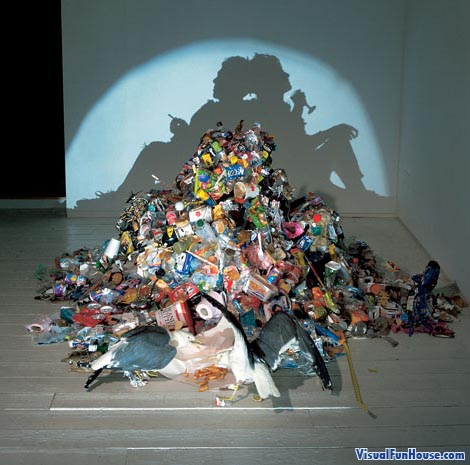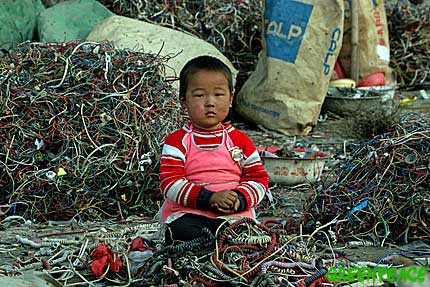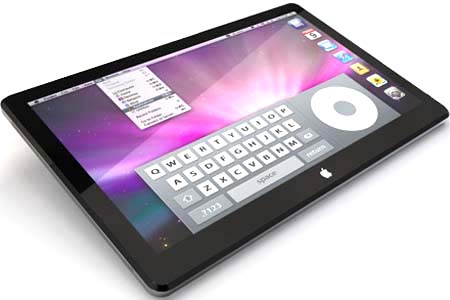Telecommunication giant Motorola announced today that last quarter they shipped a total of 8.3 million handsets, with 2.7 million of those handsets being 'smartphones'. These sales amounted to $5.4 billion for the company in quarter two of 2010, which is
below the numbers they recorded last year.
Source
So there is some completely objective data. What can we discern from this information?
Firstly, 8.3 million handsets is a
ton of phones. Some quick internet research has shown that New York City has a population around 8.3 million people. A more depressing statistic: 8.3 million people considered committing suicide last year. I don't think there is any correlation between being depressed and really wanting a Motorola Droid.
The fact that just one company, not even a major player in the smartphone race (that's between Blackberry's RIM and Iphone's Apple), has shipped out an enormous number of product in three months. As always however, the question must be asked: as soon as the next wave of technology comes out, where will these handsets go?
Some will sit on dressers, tables, and counters. Some will be resold. Some will be given away. Most will be thrown out.
Therein lies the problem: technology is progressing at such an incredible exponential rate that it is nearly impossible to dispose of yesterday's treasure, which is today's trash. That is where recycling comes in.
If humans can make something, then surely they should be able to 'unmake' it? It is very possible to take apart a cellular telephone and recycle every single component, from the plastic casing, to the motherboard inside. These components are then used in other materials.
Makes sense doesn't it?
Keep e-volving.






